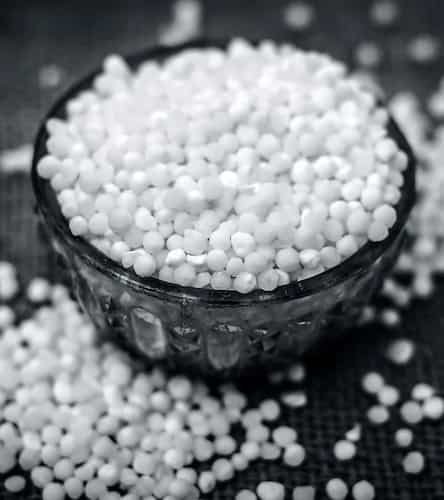The holy month of Sawan, which is considered the most auspicious month of the whole year (to seek Lord Shiva’s blessings), began today(July 26, 2021). Mondays hold a unique belief in fasting to fulfil their desires. They are referred to as sawan somvar, as a string of ritual fasting is observed for 16 back to back Mondays. While some people observe nirjala fasting and others eat light sattvic meals throughout the day. Here we’ll guide you on what to eat on the Sawan vrat.
First, check out the dates of fasting (Vrat):
- First sawan Monday - 26 July’ 2021
- Second sawan monday - 2 August ’2021
- Third sawan monday - 9 August’ 2021
- Fourth Sawan Monday- 16 August’2021
- Sawan month ends on - August 2021
Here are six food items you can eat on your sawan vrat:
1. Fruits: Fruits are a rich source of folate, vitamin C, potassium, and fibre; therefore, they are the best to consume while fasting. The person who does ‘phalahar’ means they only consume fruits on a day. You can have all kinds of seasonal fruits, dry fruits such as makhanas, almonds, raisins, and cashew nuts on a fasting day. They are a great source of energy and can be eaten while fasting on Sawan vrat.

2. Sabudana: No fast is complete without sabudana. It's an ideal Sawan delicacy, which can be prepared in various forms such as khichdi, vada, kheer, papad, crispy fries, etc. Did you know sabudana is an excellent energy source?
3. Flour: You can consume some flours like; rajgira, samo, singhara, and millet by avoiding regular wheat flour. You can make chapati, thalipeeth, puri, or tikki and serve with a classic potato curry with curd.

4. Vegetables: You can consume some vegetables on fasting such as bottle gourd, potatoes, sweet potatoes, and yams. You can gorge these vegetables in the form of curry or halwa.
5. Dairy Products: You can have milk, curd, paneer, unsalted butter, ghee, buttermilk, and sweet lassi. At the same time, you should avoid consuming cheese and other salty dairy items.
6. Sendha Namak: As opposed to regular salt, sendha namak is considered a pure salt during fasting. Therefore, Sendha namak is also known as “upvas ka namak”.


